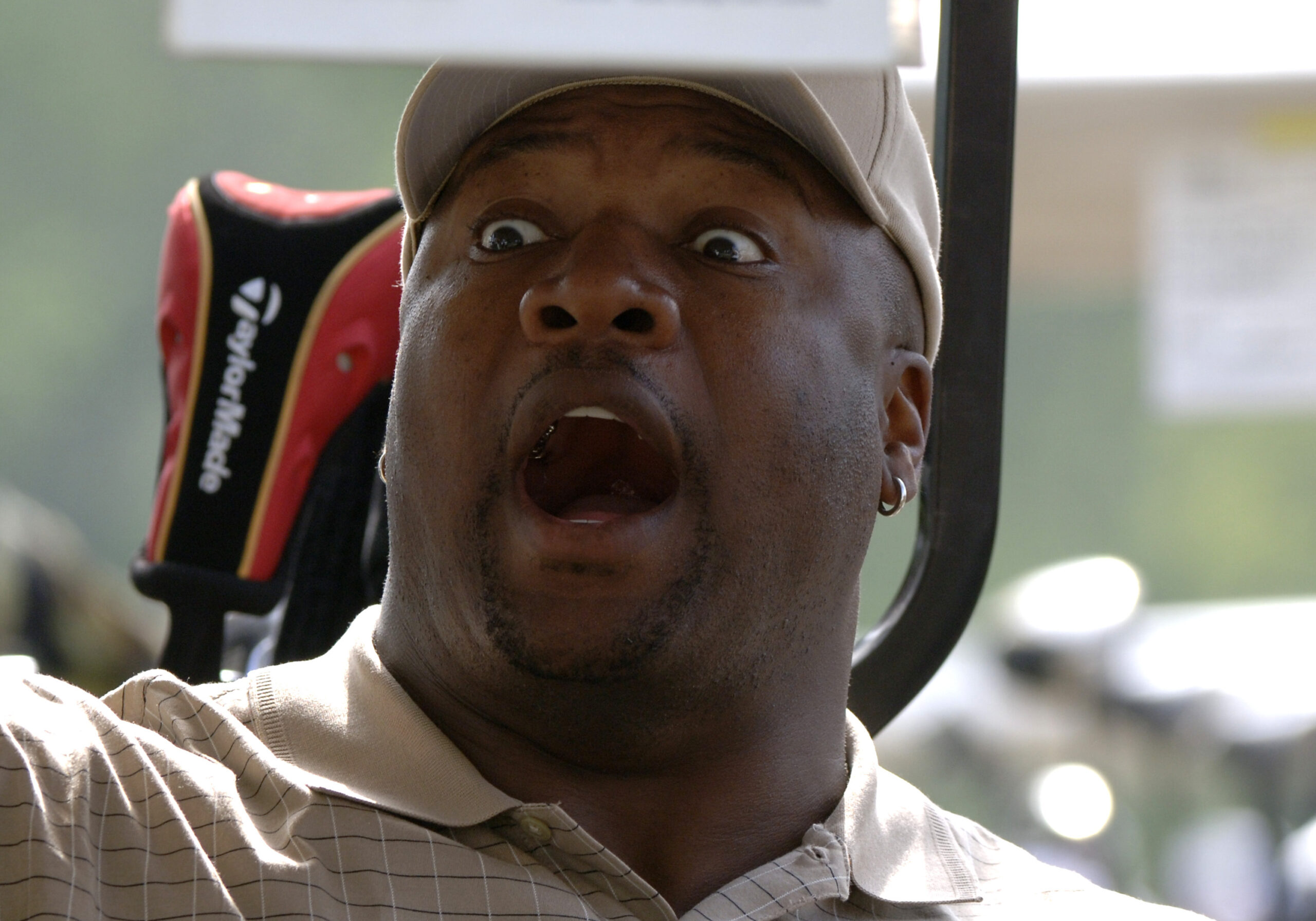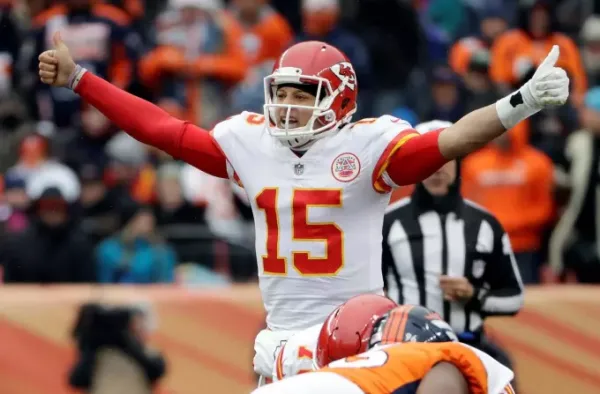Eric Newland and George Dalton are two brilliant baseball minds and Negro League fans and historians that I’ve recently gotten a chance to meet and spend time with, just shooting the breeze about America’s Pastime.
Yes, they are white, but they share an admiration and respect for baseball so deep that their infatuation with the game has sparked an infectious curiosity about Negro League baseball. Years of research and emotionally connecting to the game and interviewing some of the greatest African-American basebrawlers to ever flex a glove (including the last known filmed interview with “Mr. Cub” Ernie Banks before he passed in January), makes them as qualified as anyone to express what the league and the players who made it the greatest baseball show on earth, means to the fabric of American society.
The Parallel Game: “Dressed To The Nines”
As part of the development of a narrative about Black baseball and the historical era of the 1920s -1940s, the two baseball junkies, who have been producing a film called The Parallel Game, which centers around the Negro Leagues and its undeniable, thriving influence on baseball culture, traveled from NYC to Kansas City last week to partake in the time honored tradition of Dressed to the Nines Day at KC’s Kauffman Stadium. It’s an event that celebrates Negro Leagues baseball culture and raises money for The Negro Leagues Museum in KC. The tandem gave TSL photos and their thoughts about the event.
By Eric Newland and George Dalton
During that era in American history, when racial segregation was as common as a Cool Papa Bell stolen base, church services were moved up an hour earlier so that folks clad in their Sunday finest, could attend Church immediately followed by a Kansas City Monarchs game. The Monarchs were a big deal. The epicenter of the Negro Leagues began in Kansas City where its original charter was signed in 1920 and its Black team, the famous Kansas City Monarchs, dominated baseball of that era. They were considered the NY Yankees of The Negro Leagues. Mythical names with colossal game and the most swag-filled diamond-miners on the planet.
The fancy dress game was a tradition throughout the Negro Leagues as both the Church and Baseball were an opportunity for Black families and friends to come together for an uplifting experience. It was a day of community and entertainment.
Congressman Emanuel Cleaver (former Chair of the Congressional Black Caucus) and Bob Kendrick, President of the Negro Leagues Museum each commented that the Church services and the baseball games were both interactive events calling for enthusiastic and joyous responses from the crowd.
The baseball game was like a church after party. The energy of the stadium and the enthusiastic nature of the crowd can be likened to the famous NYC hip-hop spot The Tunnel back in the late 90’s. The black elite also attended these events as if they were today’s Jay-Z concerts or Floyd Mayweather boxing events in Vegas.
The Monarchs sent more players to the Major Leagues than any other Black team, including Jackie Robinson, Ernie Banks, and Satchel Paige. It was a weekend of music at the Museum, a Church Service, followed by a brunch at the field, with the Royals dressed in crispy Monarchs throwback uniforms as they defeated the NY Yankees who were wearing honorary Ernie Banks patches.
The next year, they used Twitter and Facebook to spread the word and get people interested in why they were dressing up. Belden guesses 100 to 200 people met up at the sports bar in right field at Kauffman Stadium dressed in their roaring 20’s Sunday best. Last year the Royals embraced Belden’s genius and made it official with a fedora giveaway, jazz was pumping through the speakers to give it that throwback feel and the groundskeepers even dressed in retro garb.
It’s an easy tradition for any baseball lover to embrace.
It absolutely is, says Bob Kendrick, president of the Negro Leagues Baseball Museum. Every now and then an idea comes along so good you wish you thought of it. This was that good, like, Damn, I wish I thought of that. Absolutely brilliant.
And what makes it so cool, these are young white kids who had been moved to the point where they wanted to do this to pay homage to the Negro Leagues. They reached out, and it was a no-brainer.
This year, the event was hosted by the Negro League Baseball Museum and the Kansas City Royals.
Cleaver also struck a serious tone during his sermon when he spoke of the events in Ferguson, Baltimore and other cities. He prompted disgruntled young people of all races and creeds to take a page from the non-violent means that Black players used to overcame the walls of segregation. He spoke of walls coming down in the Bible and then sometimes going back up. Yet the Negro League players continued to climb them or knock them down. This message still applies to all events honoring those Negro League player’s whose contributions to baseball and the struggles they endured are often overlooked. We can all learn from the strength of these former players and the skill and dignity they demonstrated to the American people.
Newland and Dalton continue to build upon their library of interviews with former Negro League Players, along with notable Black sportswriters and historians. Their travels bring them to important events about Black baseball including the Jackie Robinson Civil Rights Game in Los Angeles and the prestigious and historically relevant “Dressing to the Nines” Event in KC.





